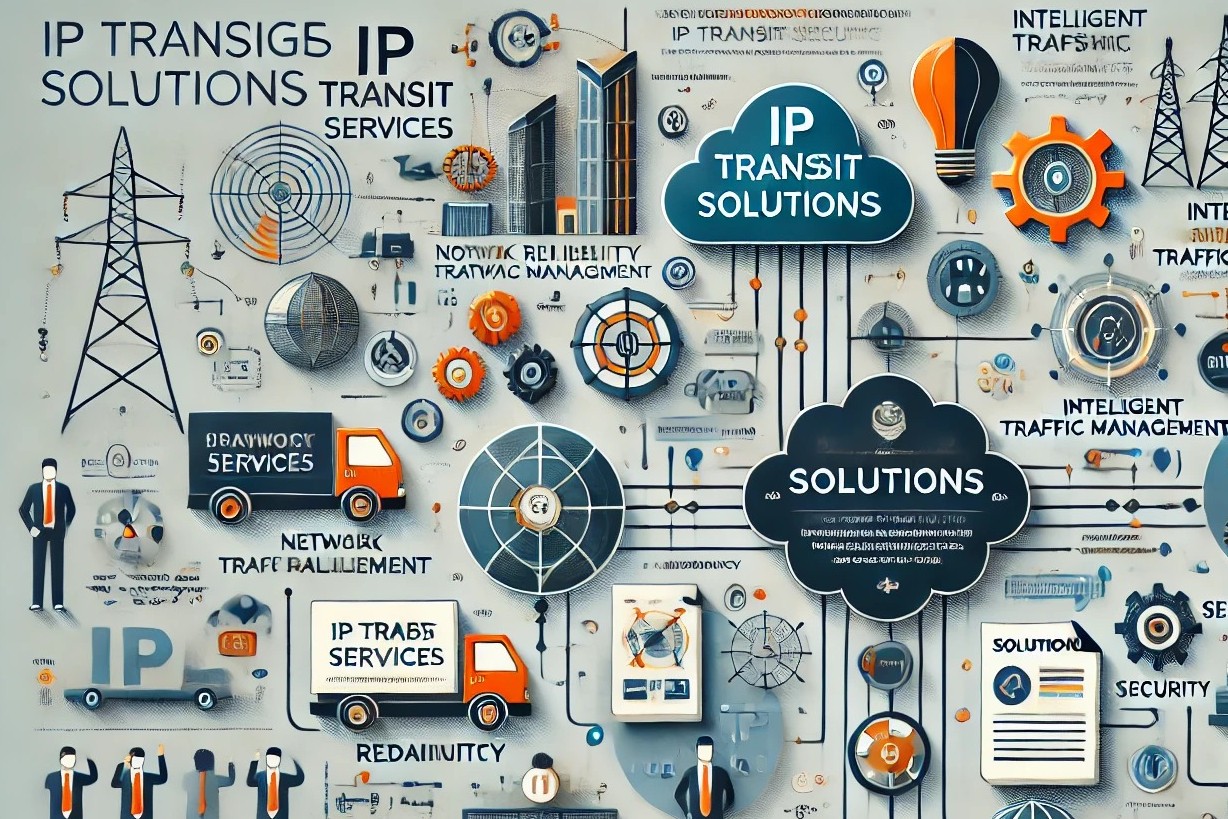04 September 2024
Challenges and Solutions in IP Transit Services
IP Transit services are crucial for Internet Service Providers (ISPs) and businesses that require fast and reliable internet connectivity. However, providing these services is not without its challenges. Here are some common challenges faced in providing IP Transit services, the solutions offered by Telkom Indonesia to address these challenges, and the latest innovations and developments in IP Transit services.
Common Challenges in Providing IP Transit Services
Network Reliability and Availability
The primary challenge in IP Transit services is ensuring network reliability and availability. Network disruptions, equipment failures, and routine maintenance can cause downtime that disrupts services.
Data Traffic Management
Managing dense and complex data traffic is another challenge. Service providers must handle unexpected traffic surges and ensure efficient data flow without congestion.
Security
Security threats such as DDoS attacks, hacking, and malware are major concerns. Protecting the network and customer data from these threats is a continuous challenge.
Infrastructure Costs
Investing in advanced and reliable network infrastructure requires significant costs. ISPs must balance between cost and the quality of services provided.
Solutions Offered with IP Transit
Network Reliability with Redundancy
Telkom Indonesia addresses reliability issues by implementing redundancy in its network. This means having backup paths that can be used if the main path fails, ensuring high service availability.
Intelligent Traffic Management
Using intelligent traffic management technology, Telkom Indonesia optimizes data routes and reduces congestion. Technologies like Quality of Service (QoS) help manage traffic priorities, ensuring that critical applications get the necessary bandwidth.
Advanced Security Measures
Implementation of IP Transit have a various security measures to protect its network. This includes using advanced firewalls, intrusion detection systems, and data encryption to guard against security threats.
Infrastructure Investment
To tackle infrastructure cost challenges, Telkom Indonesia continually invests in the latest technologies, such as fiber optic networks and high-performance hardware. This ensures they can provide reliable services cost-effectively.
Latest Innovations and Developments in IP Transit Services
Use of AI and Machine Learning
Right now, IP Transit is adopting AI and machine learning technologies to enhance network management. These technologies help predict network failures, automate recovery, and optimize data routes in real-time.
5G Network Development
Ongoing developments in 5G networks open new opportunities for IP Transit services. With higher speeds and lower latency, 5G can support more complex applications and larger data traffic.
Network Virtualization
Implementation of network virtualization using technologies like Network Functions Virtualization (NFV) and Software-Defined Networking (SDN). This allows greater flexibility in network management and faster service delivery.
Cloud Integration
IP Transit services are now more integrated with cloud services, enabling businesses to easily access and manage their cloud resources through fast and reliable connectivity.
Despite the various challenges in providing IP Transit services, Telkom Indonesia has successfully addressed many of these challenges through innovative solutions and the latest technological developments. With high network reliability, intelligent traffic management, advanced security measures, and continuous infrastructure investment, Telkom Indonesia remains a leader in providing reliable and high-quality IP Transit services. Innovations such as AI, 5G networks, network virtualization, and cloud integration ensure they can meet the increasingly complex connectivity needs in this digital era.
Is this information helpful?
